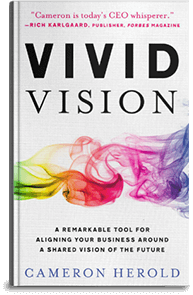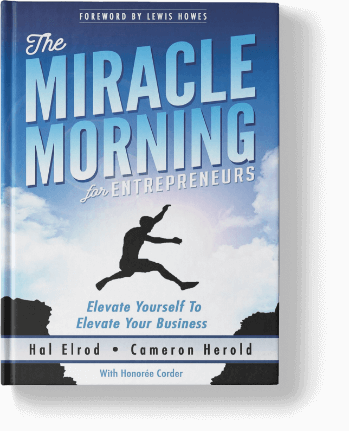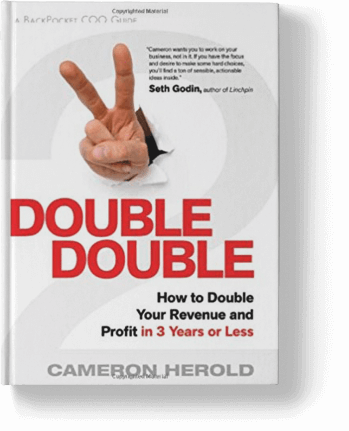During job interviews, ensure your questions are asked directly and clearly, and be sure to follow up. When a candidate answers a question but you don’t fully understand their response, ask them to elaborate. Find out who they turned to for advice, how they made decisions, and what influenced their decisions. Again, be sure that you’re respectful of people during the process, yet still obtain the answers you need.
Examples of ‘probing’ questions:
- What made you chose that area of study in university?
- Who influenced you in leaving your last career?
- How were you feeling at your last company when ‘X’ happened?
- Why do you let everyone else tell you what to do?
Yes or no questions should be kept to a minimum. Ask short questions that require long answers. Interviewers should spend 80 percent of the time listening. When you hear yourself telling a story or talking about the company, stop and get the candidate talking again. The purpose of the interview is to find out about them, not tell them about you!
Use pregnant pauses to get candidate to reveal more. Count to ten in your head a few times after they’ve already given their answer and watch how much more they reveal. Then when they give you more, pause again, until they have nothing left. It is amazing how much that silence reveals.
Ensure proper notes are taken and that you have a rating for each area of experience and skill set. Each of your ratings must be supported by three reasons from their past work or life history. If you rate a person a ‘5’ in ‘Attainment’ you need three different, solid, irrefutable reasons that support that rating. The ratings should all reflect the past performance of the individual.
During the interview ask yourself some questions:
- Do I know enough about them to make a decision yet?
- What is bothering me about them that I haven’t probed into yet?
Don’t leave ANY question un-asked.
Focus on the decisions they have made in the past. Decisions mean choices, and choices show you the values and preferences they have (although not everything is as it seems, which is why you probe). Your interview should be tough, pointed, and probing.












